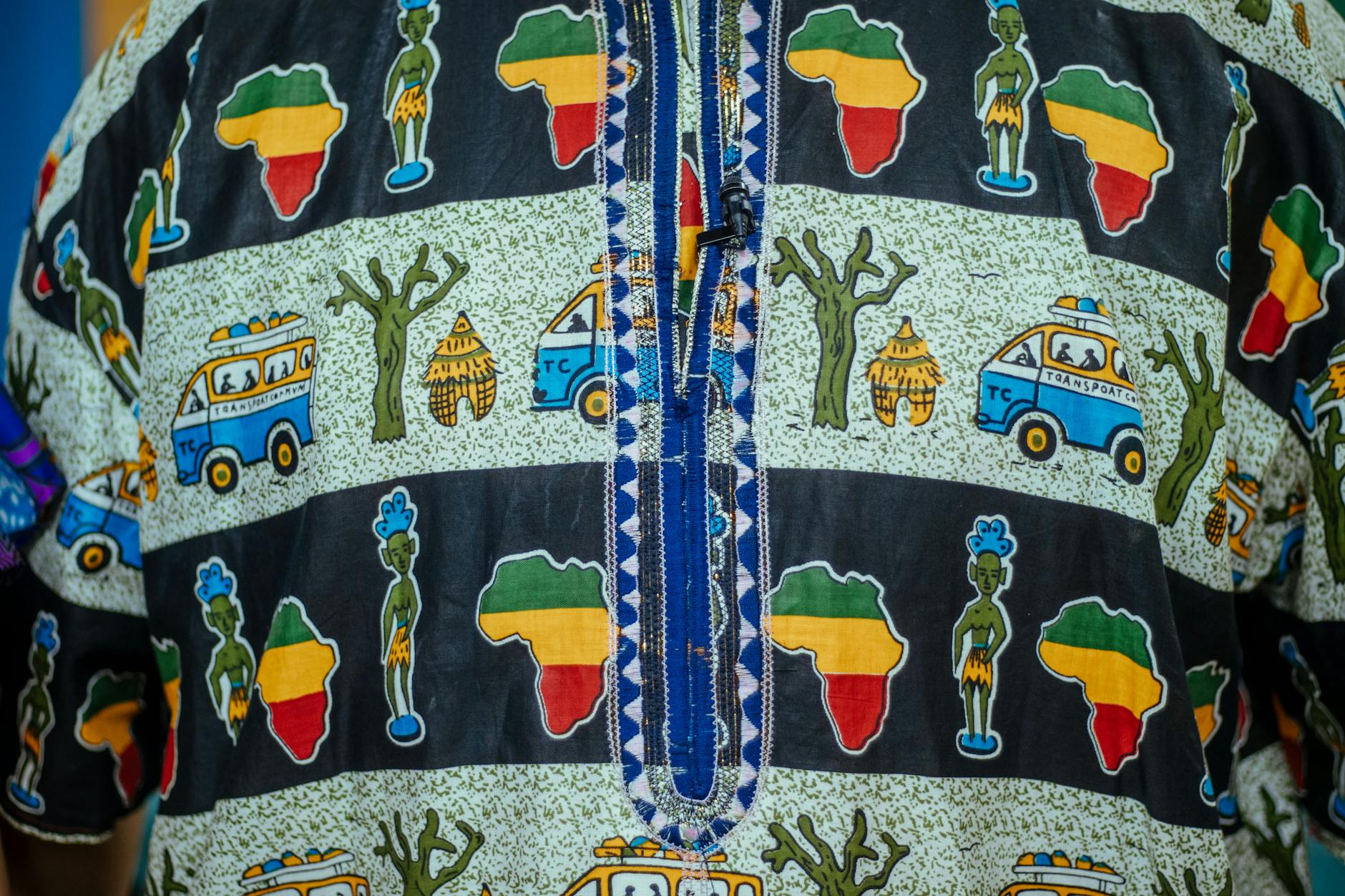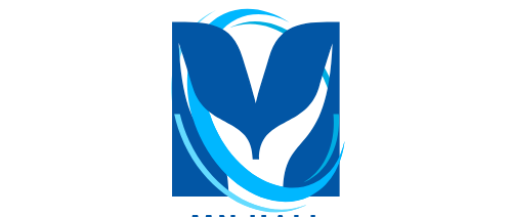Africa, the second-largest and second-most populous continent on Earth, is home to an incredibly rich linguistic and cultural diversity. Across its 52 countries, Africa boasts hundreds of indigenous languages and several colonial languages that serve as official tongues for communication, governance, and education. In this blog post, you will find a detailed list of official languages spoken in African countries, highlighting the wide usage of English, French, Arabic, and Portuguese, alongside local African languages such as Swahili, Amharic, and Zulu. Whether you’re a student preparing for exams, a linguist studying language distribution, or a traveler seeking cultural insight, this guide gives you a clear and updated view of official African languages by country.

Meaning
Official languages are the languages that a country formally recognizes for use in its government affairs, legal system, education, and public administration. In the context of African countries, official languages are those chosen by each nation—often due to colonial history, political unification, or administrative practicality—to serve as the primary means of communication in formal settings.
In many African countries, the official language is not always the most widely spoken native language among the population. Instead, languages such as English, French, Arabic, and Portuguese were adopted due to colonial influence, allowing for broader communication across diverse ethnic and linguistic groups. Some African nations also recognize indigenous languages alongside colonial ones, promoting both unity and cultural identity within their multilingual societies.
Why Do African Countries Have Multiple Official Languages?
Many African countries have multiple official languages due to their complex colonial and cultural histories. During colonization, European powers such as Britain, France, Portugal, and Belgium imposed their languages for administration, education, and trade. After gaining independence, many African nations retained these colonial languages because they provided a neutral means of communication among diverse ethnic groups and were already integrated into government systems.
In addition to colonial languages, several African countries recognize indigenous languages as official or national languages to promote cultural identity and inclusion. For example, Swahili is widely spoken and officially used in Tanzania, Kenya, and parts of the Democratic Republic of Congo. Similarly, countries like South Africa have more than ten official languages to reflect their ethnic and linguistic diversity.
The choice of multiple official languages helps governments reach different communities more effectively, but it also reflects Africa’s rich linguistic heritage. In some cases, regional languages serve as bridges across borders, supporting trade and unity in areas with shared cultures and histories.
READ ALSO
List of African Countries and Their Official Languages
| S/N | Country | Official Language(s) |
|---|---|---|
| 1 | Algeria | Arabic, Berber |
| 2 | Angola | Portuguese |
| 3 | Benin | French |
| 4 | Botswana | English, Tswana |
| 5 | Burkina Faso | French |
| 6 | Burundi | Kirundi, French, English |
| 7 | Cabo Verde | Portuguese |
| 8 | Cameroon | French, English |
| 9 | Central African Republic | French, Sango |
| 10 | Chad | French, Arabic |
| 11 | Comoros | Arabic, French, Comorian |
| 12 | Republic of Congo | French |
| 13 | Democratic Republic of Congo | French |
| 14 | Côte d’Ivoire (Ivory Coast) | French |
| 15 | Djibouti | French, Arabic |
| 16 | Egypt | Arabic |
| 17 | Equatorial Guinea | Spanish, French, Portuguese |
| 18 | Eritrea | Tigrinya, Arabic, English |
| 19 | Eswatini (Swaziland) | Swazi, English |
| 20 | Ethiopia | Amharic |
| 21 | Gabon | French |
| 22 | Gambia | English |
| 23 | Ghana | English |
| 24 | Guinea | French |
| 25 | Guinea-Bissau | Portuguese |
| 26 | Kenya | English, Swahili |
| 27 | Lesotho | English, Sesotho |
| 28 | Liberia | English |
| 29 | Libya | Arabic |
| 30 | Madagascar | Malagasy, French |
| 31 | Malawi | English, Chichewa |
| 32 | Mali | French |
| 33 | Mauritania | Arabic |
| 34 | Mauritius | English |
| 35 | Morocco | Arabic, Berber |
| 36 | Mozambique | Portuguese |
| 37 | Namibia | English |
| 38 | Niger | French |
| 39 | Nigeria | English |
| 40 | Rwanda | Kinyarwanda, French, English |
| 41 | São Tomé and Príncipe | Portuguese |
| 42 | Senegal | French |
| 43 | Seychelles | Seychellois Creole, English, French |
| 44 | Sierra Leone | English |
| 45 | Somalia | Somali, Arabic |
| 46 | South Africa | 11 official languages (including English, Zulu) |
| 47 | South Sudan | English |
| 48 | Sudan | Arabic, English |
| 49 | Tanzania | Swahili, English |
| 50 | Togo | French |
| 51 | Tunisia | Arabic |
| 52 | Uganda | English, Swahili |
The Role of Official Languages in African Education and Governance
Official languages play a major role in shaping education and governance systems across Africa. In many countries, the language inherited from colonial rule—such as English, French, or Portuguese—is still used as the primary medium of instruction in schools, especially from the upper primary level to tertiary institutions. This often creates challenges for students who speak local languages at home but must learn in a foreign language at school.
In government, official languages are used in drafting laws, delivering political speeches, writing official documents, and conducting international diplomacy. They help ensure consistency and communication across multi-ethnic populations where hundreds of native languages might be spoken. For instance, English is used in Nigeria’s government and legal systems, while French dominates in Senegal and Côte d’Ivoire.
However, many countries are also working to promote indigenous languages within education and governance. For example, Ethiopia uses Amharic as an official language alongside English, and South Africa incorporates multiple African languages in its schools and public services. These efforts aim to strengthen national identity and make governance more inclusive and accessible to the population.
Key Insights and Observations
- French is the most widely spoken official language in Africa, particularly in West and Central African nations.
- English serves as the primary language in many former British colonies such as Nigeria, Ghana, Kenya, and South Africa.
- Arabic is predominantly official in North African countries like Egypt, Algeria, Sudan, and Libya.
- Portuguese is the official language in five African countries: Angola, Mozambique, Guinea-Bissau, Cape Verde, and São Tomé and Príncipe.
- Multilingualism is common — several African countries recognize both European and indigenous languages as official.
Challenges and Opportunities of Language Diversity in Africa
Africa’s language diversity presents both challenges and opportunities for development, education, and unity. One of the main challenges is communication barriers among people who speak different native languages, especially in countries with no widely shared indigenous language. This can make national integration and public service delivery more difficult. Education systems often face difficulties in choosing which language to use as the medium of instruction, especially in multilingual communities.
Another challenge is the cost of producing learning materials, government documents, and public communication in multiple languages. It also raises concerns about equality, as communities whose languages are not officially recognized may feel marginalized.
On the other hand, Africa’s language diversity is a source of cultural pride and identity. Promoting local languages supports heritage preservation and encourages community participation in national development. Shared regional languages like Swahili, Arabic, and Hausa help promote trade and cooperation across borders.
Many African countries are beginning to see language not just as a barrier, but as a tool for empowerment. With increased support for multilingual education and language technology, Africa has the potential to turn its linguistic diversity into a strength for future growth and unity.
READ ALSO
Conclusion
Africa’s linguistic richness reflects its deep-rooted cultural diversity and complex colonial history. From the widespread use of English and French to the preservation of indigenous languages like Swahili, Amharic, and Tigrinya, the official languages of African countries play a vital role in communication, governance, education, and identity. This guide aims to provide an accurate and accessible overview of how languages are distributed across the continent. Whether you’re studying for exams, conducting academic research, or simply interested in language and geography, understanding Africa’s official languages opens the door to deeper global knowledge.
Revision Questions
- How many official languages does South Africa recognize?
- Which African countries list both French and Arabic as official languages?
- Name three African countries where Portuguese is the official language.
- What is the official language of Ethiopia?
- Identify five African countries that have English as an official language.
- Which countries in Africa recognize Berber as an official language?
- In how many African countries is French the only official language?
- What are the official languages of Rwanda?
- Name two African island nations and their official languages.
- What is the official language of Sudan?
- Which African country lists Somali and Arabic as official languages?
- How many African countries have Arabic as an official language?
- What is the role of Swahili in East African countries like Kenya and Tanzania?
- Which African countries have multilingual official status including indigenous languages?
- What is the official language of Mauritius?
- Explain why Equatorial Guinea has three official languages.
- How does colonial history influence the official languages of African countries?
- What is the official language of Liberia?
- Which African country has Tigrinya as one of its official languages?
- What is the significance of language in national identity and governance in Africa?
